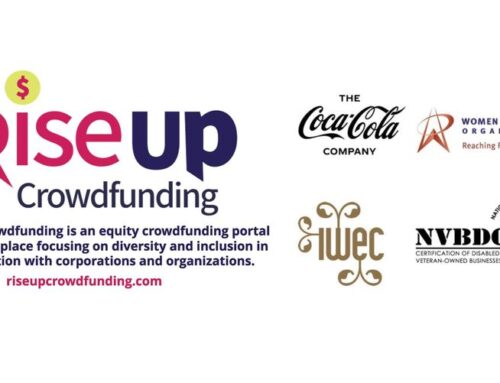The San Francisco Bay Area, New York City and London ranked as the top three global cities for their ability to foster growth for women entrepreneurs, according to Dell Technologies’ 2019 Women Entrepreneur Cities Index (WE Cities).
The ranking assessed 50 cities on five characteristics: capital, technology, talent, culture and markets. These characteristics were ranked on 71 indicators, 45 of which were gender-based.
by Kristin Musulin for SmartcitiesDive
photo credit: (Credit: Photo by rawpixel on Unsplash )
While Dell Technologies notes that all 50 cities on the ranking have improved their scores since 2017, there is still significant work to be done to increase opportunities for women entrepreneurs. At the top of the ranking, the San Francisco Bay Area only scored a 63.7 out of 100 possible points, highlighting there is still more work to be done by local government leaders and policymakers to support women in business.
Fostering a productive and successful environment for women entrepreneurs goes far beyond increasing access to capital or attracting more talent. Eliminating barriers around affordable housing and safety on public transit can also improve the viability of women-owned and -led businesses. A November 2018 survey from the NYU Rudin Center for Transportation found women pay a “pink tax” on city transportation of nearly $50 more per month than men due to security concerns. These types of everyday issues can bleed into elements of the workplace, such as the commute to an office, to negatively impact women’s careers.
At the recent Smart Cities New York event, cities’ investments in women-owned businesses were highlighted during a session called, “The Future of Cities is Female.” Panelist Avantika Daing of Plum Alley Investments said startups that are founded or co-founded by women generate 10% more in cumulative revenue over a five-year period. Fellow panelists reinforced that giving women equal opportunities to run businesses can lead to more jobs and a more robust local economy.
More female representation in local government can also foster better work environments for women. Women make up an estimated 20% of the country’s elected officials, with a similar percentage reflecting the number of women mayors leading the country’s largest cities, according to a 2018 stat from Bloomberg Government. Making such leadership more diverse can have a direct impact on the diversity of leaders in business.


